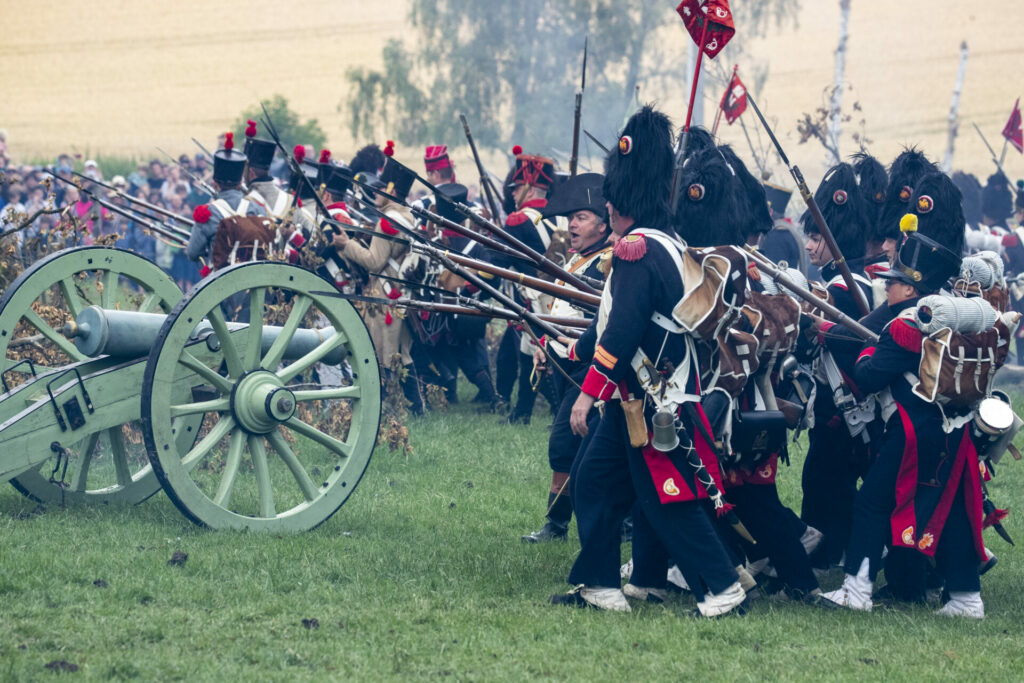In a revelation that has captivated global attention, especially with the release of Ridley Scott’s biopic of Napoleon Bonaparte, historian and State Archives head Bernard Wilkin has uncovered a long-standing mystery surrounding the conspicuous absence of graves and bodies on the iconic battlefield of Waterloo.
Wilkin, a native of Liège, and co-author of several books on the Napoleonic era, recently collaborated with a German colleague to shed light on this historical enigma.
"The dead refuse to surface," remarked Wilkin in an interview with L’Avenir, reflecting on the perplexing absence of tangible remnants from a battle that claimed between 10,000 to 20,000 lives in 1815. The investigation, which delved into neglected archives, led the researchers to a remarkable discovery in the local press from the post-battle era, specifically around 1830.
"We wondered about what had already been written," explained Wilkin in the interview, highlighting the oversight of historians who typically concluded their narratives in 1815. It was during the 1830s that the burgeoning sugar industry settled in the region, transforming animal bones, including those of fallen soldiers, into charcoal tablets used in sugar syrup filtration.
"As the sugar industry boomed, financial interests turned towards the bones of soldiers on the Waterloo battlefield," Wilkin told L’Avenir. Mass graves were systematically emptied, triggering the mayor of Braine-l'Alleud to issue posters warning against unauthorised exhumations. This, Wilkin noted, speaks volumes about the economic and social conditions of the time.
"Our first reaction when we found out was disbelief, the fear of not being taken seriously," confessed Wilkin, emphasising the initial scepticism they faced. Undeterred, the investigators delved deeper, revealing a startling connection when an 80-year-old German contacted them. The elderly man shared an account from 1942, where his father, a German soldier stationed in Belgium, detailed how a local farmer had plundered bones for sugar.
The revelation was further corroborated in November 2022 when, during a conference in Waterloo presenting their findings, an elderly gentleman disclosed having Prussian bones stored in his attic. "Discovering bones while discussing how they were looted for industrial use was ironic," Wilkin told L’Avenir, highlighting the unexpected twist in their research.
Expanding to other battlefields
Buoyed by the importance of their findings, Wilkin and his colleague are preparing to share their discoveries with the world. The historian is currently working on a scientific article and a book that promise to unravel more mysteries not just in Belgium but potentially on battlefields worldwide.
"This subject could well lift the veil on other mysteries on battlefields far beyond Belgium. We are only at the beginning of our research," Wilkin declared in the interview.
Their inquiries have already taken them to France, where they uncovered decrees prohibiting looting bodies during the First World War, and they express interest in exploring the Crimean War and even the American Civil War. Starting in Waterloo, this investigation is far from over, promising to unearth secrets that transcend borders and epochs.

